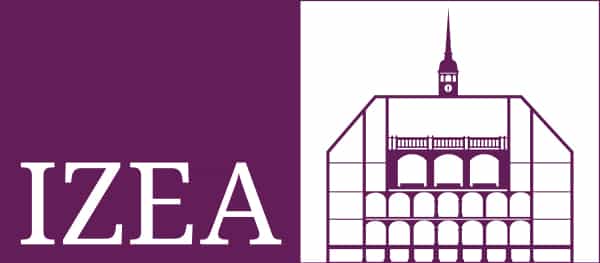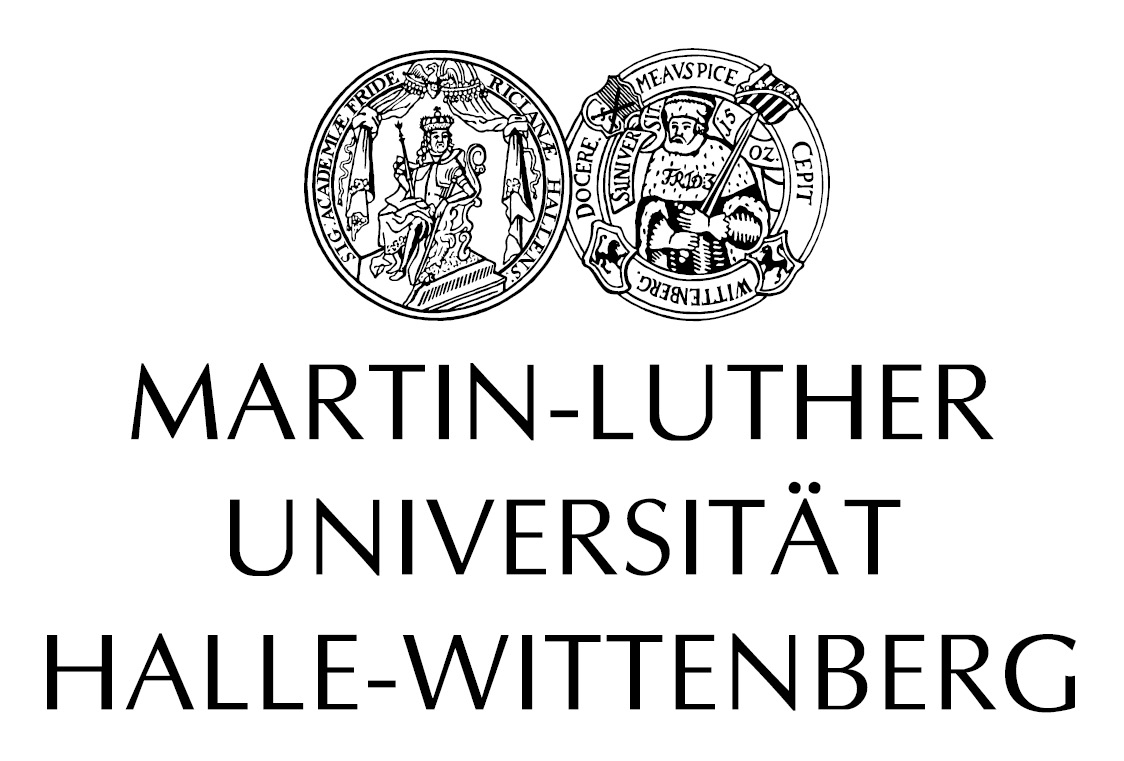Machine translation available:
Students ‘disciplining’ the cameral sciences
In late 1794, the then twenty-year-old former cameralism student Ferdinand Beneke criticized the expectations placed onto students regarding their choice of study. In his extensive diary he explains that he regrets the decision he made when he was fifteen to study both law and cameralism instead of just cameralism. He made this decision because he wished to be useful to the state, and because ‘properly’ joining the military was impossible since he was a ‘Bürger’. According to Beneke, one should only be trusted to make such choices when being old enough, that is, around twenty years of age.
But what made Beneke realize that he wanted to focus on cameralism? And when and how did he start to do this? On the 23rd of June 1792 he writes: “Dann fing ich an, meynen Vorsatz zu realisiren, Cameralis. zu studiren.” He mentions starting out with Lamprecht’s encyclopaedia. Unfortunately, Beneke rarely comments about the content of these studies, writing “wie gewöhnlich” when he had studied according to his normal daily regime.

Beneke´s descriptions of those with whom he spends time give an indication of his interests, courses and relevant network. Besides his friends, he refers to teachers like the naturalist and maths teacher Gren, the naturalists and physicians Forster, Reil, and Sprengel, and the philosophy and law professors Beck, Dabelow and Klein. He describes going to a class of Klein, which must have been the introduction for future businessmen (Geschäftsmänner), and mentions visiting the botanical garden with the naturalists Forster and Sprengel several times. During an outing to the estate of the chancellor von Hoffmann he proudly self-reported that he had made a number of cameralist remarks, for example about the unnatural local custom of washing sheep. The father of a fellow student called Unger moreover happened to be part of a Cammer, and Beneke spoke to him a number of times when in this friend’s hometown Zerbst, for example about farming.
Some events and circumstances in early 1794 appear to have put his regrets about studying law as well at the forefront. Beneke was prompted by a fellow freemason to consider moving to America. Dissatisfied with his current political circumstances in Prussia – the “unvernünftiger Aristokratismus” – , he even wrote letters to Jefferson and Washington, in which he wrote about his cameralism studies and how useful he could be as an American civilian. To prepare, he started to diligently – self-reportedly nine hours a day – study English, read French, and learn about American history and statistics. However, despite his ambition, boldness and preparation, Beneke did not venture into American civil service, but ended up working as a lawyer in Hamburg instead.
Clearly, Beneke’s account not only gives insight in his perspective as a student with regards to study choice, planning, connections and ambitions. It also raises a few question about cameralism: an interdisciplinary emerging field that often did without institutionalization and resists easy definition. How did students like Beneke know what courses to study? What subjects did they end up studying? And lastly, how might students’ choices influence our definition of cameralism in specific and disciplines in general? During my fellowship at the IZEA in the summer and fall of 2022, I delved into the university archives to explore how students in Halle could and did design their cameralism studies.
First of all, I studied lecture catalogues, which informed students about the courses that they could choose from. Some of these courses were more or less explicitly presented as of interest for those with cameralist ambitions. Secondly, study plans published by teachers not only taught students which courses to select, but also how to preferably order and prioritize them for various possible durations of study. Two types of lists scattered among the archival records furthermore indicate which courses students actually attended. Besides attendance lists for specific courses, there are some reports in which the number of attending students and reasons for courses not taking place are noted.

Surprisingly, a lot of emphasis appears to have been put on auxiliary sciences, all while ‘main’ cameralist courses frequently did not take place for lack of interested students. In 1802, for example, both Rüdiger’s Landwirtschaft and Technologie, and Jakob’s Cameral. Encyclopaedie and Staats-Wirthschaft ended up not being given. Hetzel’s Angewandte Mathematik, however, was recognized as of use and chosen by cameralia students. In the lecture catalogue, this course was described as “Mathesin practicam in usum Iuris, Cameral. et Oeconom.” Cameralia students feature relatively often among courses in Naturgeschichte, French, Polish, bildende Künste, and Physik: types of subjects that Beneke also took interest in, as his diary indicates.


In his Einleitung in das Studium der Staatswissenschaften (Halle, 1819), Jakob not only emphasizes the use of auxiliary sciences, but even describes them as – in certain cases – more essential than main courses. He complains about the lack of consensus about what might be expected from cameralism students, unclear examination and students being advised to study too many subjects in too little time. According to Jakob, even if it meant students would not have time left to study Oekonomie or Technologie, they should prioritize studying chemistry, applied mathematics, and Naturgeschichte: the necessary means for understanding specific economic and technical knowledge.
By considering the perspective of students based on how they were informed and their choices a few lessons might be learned. First of all, students’ ambitions and ideas about a field and their future opportunities influenced their study choices. Even without ‘disciplining’ in the form of set curricula, exams, or formal, institutional developments, these choices should be taken into account as forces that shaped their ‘body of teachings’, i.e. the discipline. Secondly, the importance of the auxiliary sciences should not be underestimated when defining specific disciplines, or even fields of knowledge more broadly understood. Perhaps the student advice of Förster to take the supporting sciences seriously (because, as he noted, without them “nothing could be done” in one’s main field) should also incite present-day historians not to overlook these much needed sciences and teachings when considering discipline formation.
Anne Por (Leiden University)
Header image: Ludwig Daubenton, Christian August Wichmann, Katechismus der Schaafzucht (Liegnitz und Leipzig: David Siegert, 1795). Digitale Sammlungen (slub-dresden.de)


